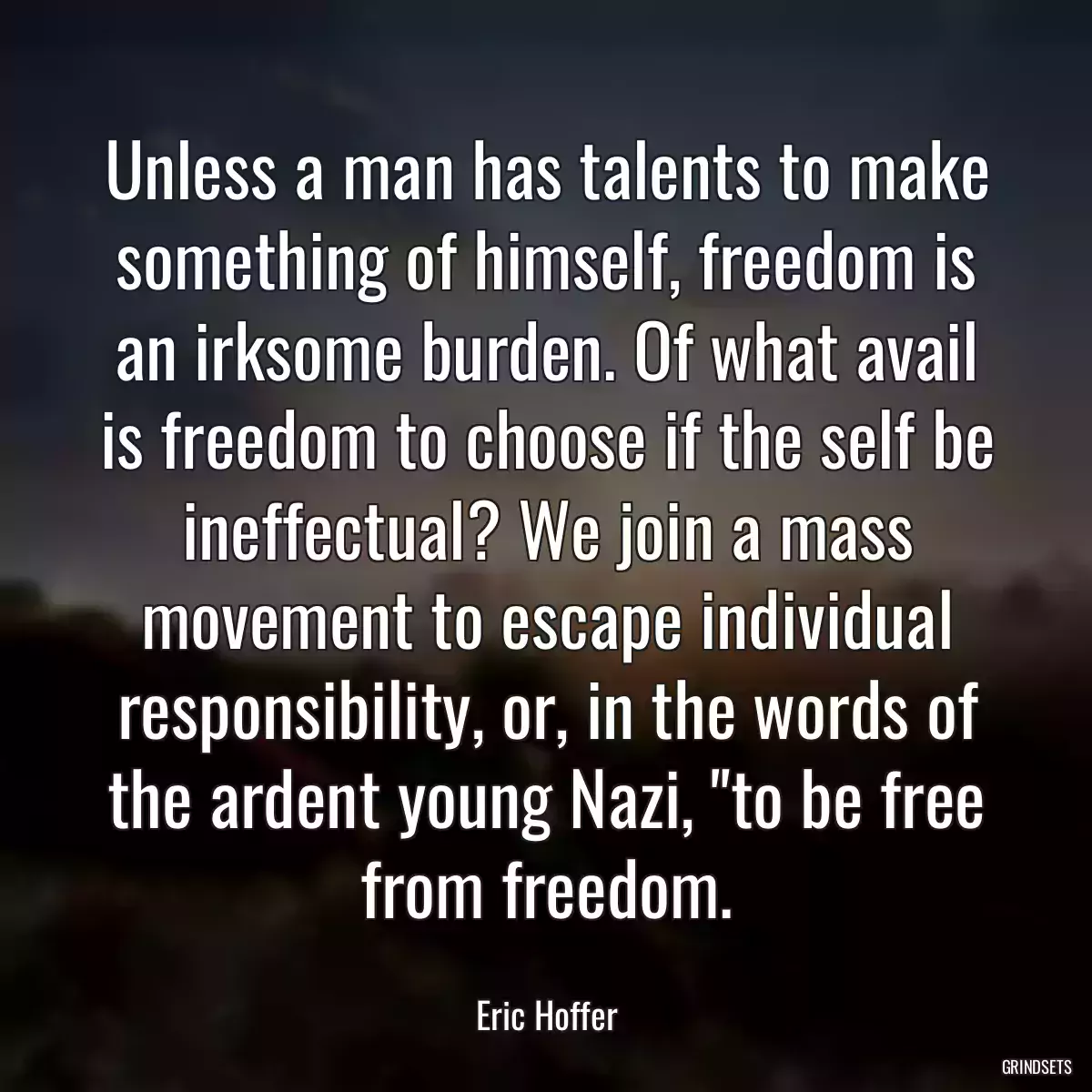
We know that words cannot move mountains, but they can move the multitude; and men are more ready to fight and die for a word than for anything else. Words shape thought, stir feeling, and beget action; they kill and revive, corrupt and cure. The "men-of-words"- priests, prophets, intellectuals- have played a more decisive role in history than military leaders, statesmen, and businessmen.

